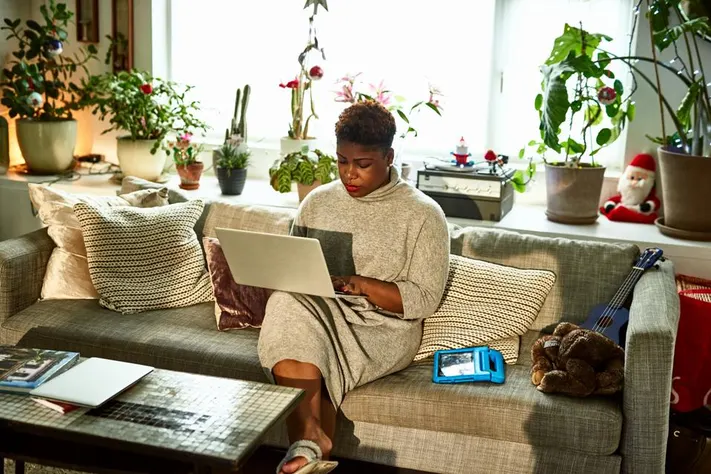Introduction: The Gig Economy and Flexible Housing
In a world shaped by flexibility and independence, real estate is playing a pivotal role in catering to the evolving needs of the gig economy. This article explores how the gig economy and real estate are intertwined, focusing on how the real estate sector is adapting to provide flexible housing solutions for freelancers and independent workers.
The Gig Economy: A Workforce Revolution
Before diving into housing solutions, it’s crucial to understand the profound impact of the gig economy on the nature of work itself. The gig economy represents a paradigm shift away from traditional employment models, enabling individuals to work on their terms, often as freelancers or independent contractors.
The Rise of Freelancers
Within the gig economy, freelancers, independent workers, and remote professionals constitute a significant and growing portion of the workforce. Their work patterns have ushered in distinctive housing needs and preferences.
Real Estate’s Adaptive Response
Real estate is responding to the changing dynamics of work brought about by the gig economy. Here’s how the industry is customizing housing solutions to cater to freelancers:
Co-Living Spaces
Co-living spaces are emerging as the preferred choice for freelancers and remote workers. These communal accommodations offer flexible lease terms, shared workspaces, and a harmonious blend of work and leisure.

Flexible Lease Options
Traditional long-term leases often clash with the gig economy’s flexibility. Real estate developers are introducing shorter lease terms and adaptable rental agreements to align with freelancers’ ever-changing work locations and schedules.
Remote Work Amenities
Real estate developments are acknowledging the importance of remote work amenities. Properties are now equipped with high-speed internet, dedicated workspaces, and ergonomic furnishings to create conducive environments for remote work.
Success Stories and Impact
Real-world success stories illustrate how housing solutions tailored for freelancers are positively impacting the gig economy:
Case Study 1: Co-Living in Tech Hubs
Co-living spaces in tech hubs like San Francisco have become thriving communities for freelancers and independent workers. These spaces encourage collaboration, networking, and work-life integration, aligning seamlessly with the gig economy’s values.
Case Study 2: Flexible Leases in Creative Clusters
Real estate developments in creative clusters such as Brooklyn offer flexible lease options to cater to freelancers engaged in short-term projects. This adaptability has attracted a diverse tenant base and contributed to the local creative ecosystem.
Collaborative Partnerships
The symbiotic relationship between the gig economy and real estate thrives through collaboration among various stakeholders:
Real Estate Developers
Developers are at the forefront of customizing housing solutions to meet the evolving needs of the gig economy’s workforce. They continually innovate to create spaces that empower freelancers and independent workers.
Technology Companies
Technology companies provide the infrastructure and digital platforms that enable remote work. Their partnership with real estate developers ensures properties are equipped with the necessary technology to support freelancers’ work requirements.
Local Governments
Local governments play a role in supporting the gig economy by creating policies that encourage flexible housing options and remote work-friendly environments.
Conclusion: A Future of Flexibility and Empowerment
In conclusion, the economy and real estate are collaboratively redefining the future of work and living. Housing solutions tailored for freelancers empower them to thrive in a world where flexibility and independence are cherished.
As the gig economy continues to evolve, real estate’s adaptive response will shape the future of housing. By embracing customization, collaboration, and innovation, we can create a future where freelancers have housing options that cater to their unique needs, fostering a more fulfilling and balanced work-life experience.












